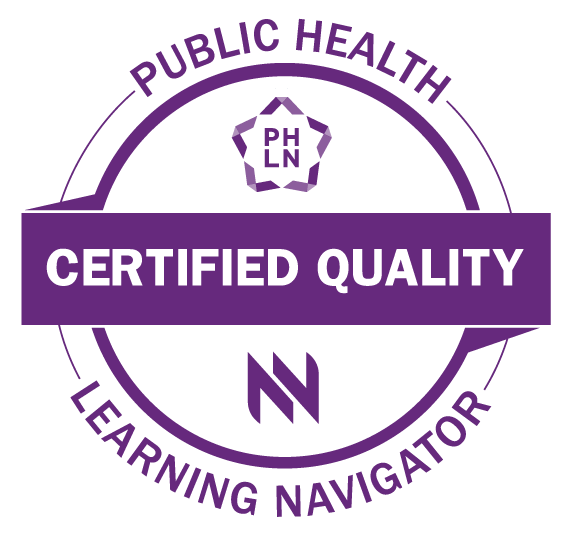Economic factors can play an important role in decision-making on public health interventions. This 1.75-hour module will show you how to apply economic evaluation to public health decisions. It will cover key terms and the basic steps involved in conducting an economic evaluation.
This is module 7 of the Evidence-Based Public Health Training Series. It is meant to stand alone, but you may also take it together with the other modules in this series to receive a certificate in Evidence-Based Public Health.
Learning Objectives
- Explain the differences between types of economic evaluations most often used in public health
- Define key terms used in economic evaluations
- Describe the steps involved in conducting an economic evaluation
Intended Audience
State, local, and tribal public health professionals and students
Instructor
Carsten Baumann, MA, Colorado Department of Public Health and Environment
Duration
This course will take one hour and 45 minutes to complete.
Format
This course consists of instructional videos, a quiz, activities, and a guide for discussion and additional learning.
Accessibility
This training is being delivered in a 508-compliant interface. During development of this training, we attempted to make the content accessible to individuals using screen readers. If you encounter trouble accessing the instructional materials by screen reader, or need any other accommodations in order to access the instructional materials, please contact NWCPHP, and we will do our best to make sure the content is accessible to you.
Acknowledgments
This training is brought to you by the Northwest Center for Public Health Practice, the Rocky Mountain Public Health Training Center, and the Prevention and Research Center in St. Louis, Missouri.
A facilitated version of this training is available through the Rocky Mountain Public Health Training Center.
The content of this training was adapted from an in-person training course and based on the work by Ross C. Brownson, PhD.


